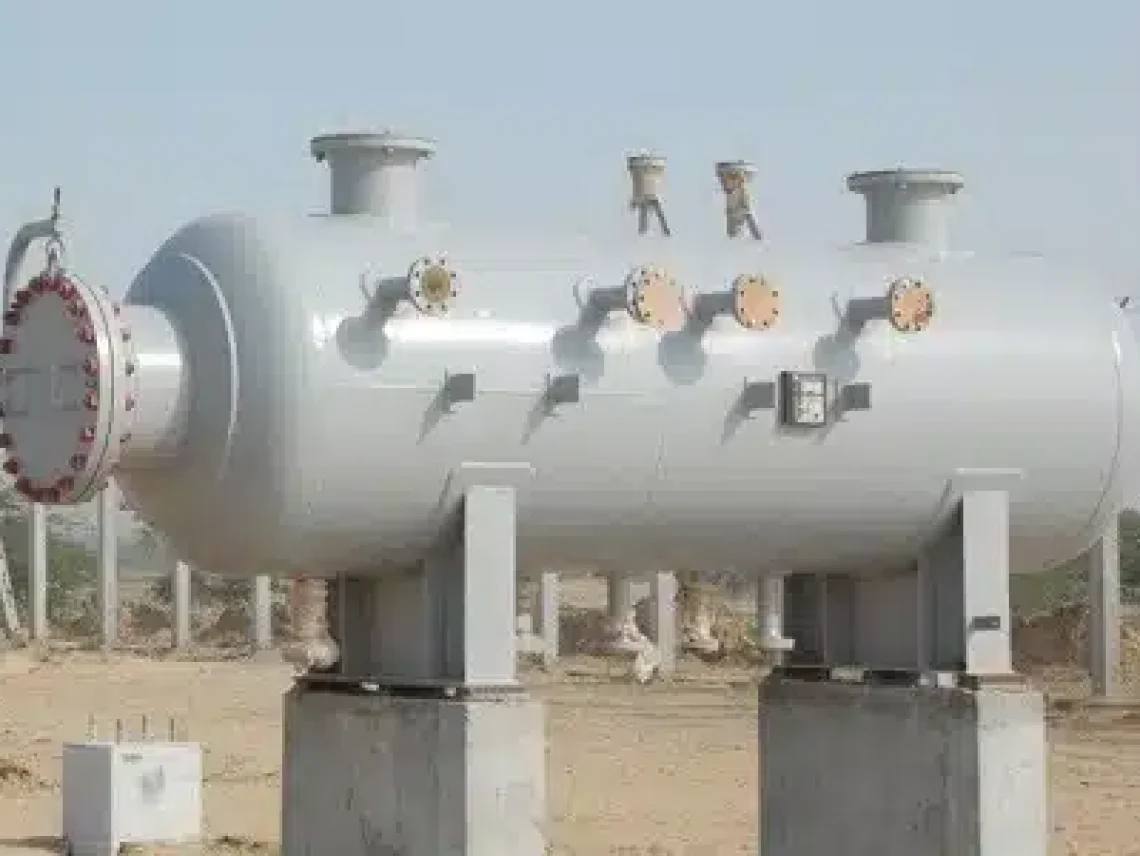
Table of Contents
ToggleIn the world of engineering, manufacturing, and construction, adhering to industry standards is of paramount importance. The American Society of Mechanical Engineers (ASME) is a renowned organization responsible for developing and publishing a wide range of standards that govern various aspects of engineering, safety, and quality. But the question that often arises is, “Are ASME standards mandatory?” In this comprehensive guide, we’ll delve into the world of ASME standards to answer this crucial question.
The American Society of Mechanical Engineers, founded in 1880, has developed a vast array of standards to ensure the safety, reliability, and consistency of products and processes across multiple industries. These standards encompass areas such as pressure vessels, boilers, piping, nuclear power, and many more. ASME standards are meticulously crafted through collaboration among experts and industry professionals, and they are continually updated to reflect advancements in technology and best practices.
ASME (American Society of Mechanical Engineers) standards play a crucial role in ensuring the safety, quality, and reliability of equipment and products, particularly in fields like engineering, manufacturing, and construction. ASME standards fall into two primary categories: mandatory and voluntary. Understanding the distinctions between these categories can help organizations make informed decisions regarding compliance and quality assurance.
Mandatory Standards:
Voluntary Standards:
Regardless of whether ASME standards are mandatory or voluntary, adhering to them provides a range of benefits that can strengthen a company’s operations, reputation, and market position.
Enhanced Safety:
Quality Assurance:
Legal Compliance:
Global Recognition:
Competitive Advantage:
In summary, ASME standards, whether mandatory or voluntary, are a cornerstone of the engineering and manufacturing industries. They offer a structured framework for ensuring safety, quality, and consistency in various processes and products. Organizations should carefully assess which ASME standards apply to their operations and make a commitment to compliance, recognizing the numerous benefits it brings. By doing so, they can enhance safety, product quality, and their competitive position in the global marketplace. Remember, when in doubt about the applicability or compliance requirements of ASME standards, it’s advisable to consult with experts or legal counsel to navigate the complexities of standards and regulations effectively.
ASME (American Society of Mechanical Engineers) standards are a set of guidelines and specifications designed to ensure the quality, safety, and efficiency of mechanical systems, including pressure vessels. These standards are crucial as they provide a benchmark for design, manufacturing, and testing, ensuring that pressure vessels can safely withstand operational pressures and temperatures. Compliance with ASME standards is often seen as a mark of quality and reliability in the industry.
The mandatory nature of ASME standards depends on the jurisdiction and the specific application of the pressure vessel. In many regions, especially in the United States, compliance with ASME standards is legally required for certain types of pressure vessels used in industries like oil and gas, chemical, and power generation. However, in some cases or regions, adherence to ASME standards may be voluntary but highly recommended.
ASME standards are among the most widely recognized and respected in the world. However, there are other international standards like the European Pressure Equipment Directive (PED) or the Chinese GB standards. Each set of standards has its own criteria and specifications, but they all aim to ensure the safety and performance of pressure vessels. Companies operating internationally may need to comply with multiple standards depending on their geographical presence and market requirements.
Non-compliance with ASME standards, where they are mandatory, can lead to serious legal and safety consequences. This includes potential fines, legal action, and the risk of catastrophic failures leading to accidents or environmental damage. Even in regions where ASME compliance is not legally required, not adhering to these standards can result in decreased market trust and potential loss of business opportunities.
ASME standards are periodically reviewed and updated to reflect technological advancements, changes in industry practices, and safety research findings. These updates can affect pressure vessel manufacturers and users by requiring modifications in design, materials, or testing procedures. Staying current with these changes is crucial for maintaining compliance and ensuring the continued safety and efficiency of pressure vessels.
In the realm of industrial solutions, Red River emerges as a pioneer, offering a diverse range of custom-engineered products and facilities. Among our specialties is the design and production of Custom/OEM Pressure Vessels, meticulously crafted to meet individual client requirements, ensuring performance under various pressure conditions. Our expertise extends to the domain of prefabrication, where Red River leads with distinction.
The company excels in creating prefabricated facilities, modules, and packages, reinforcing its stance as a forerunner in innovation and quality. This proficiency is further mirrored in their Modular Skids offering, where they provide an array of Modular Fabricated Skid Packages and Packaged equipment. Each piece is tailored to client specifications, underlining their commitment to delivering precision and excellence in every project they undertake.